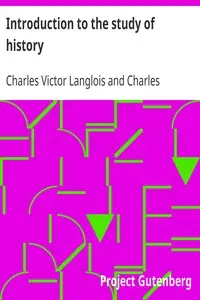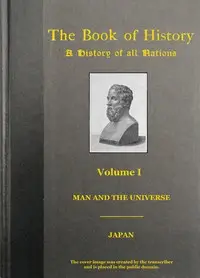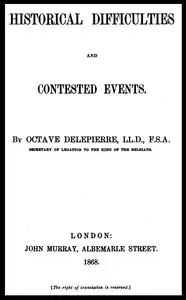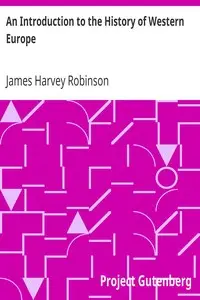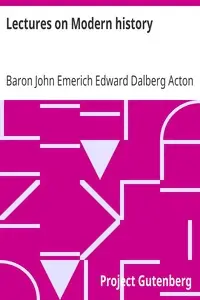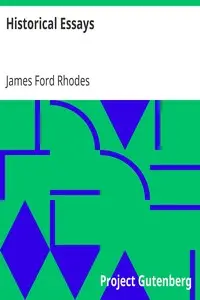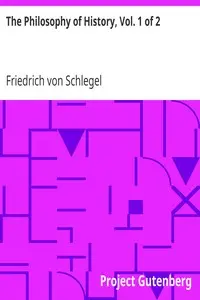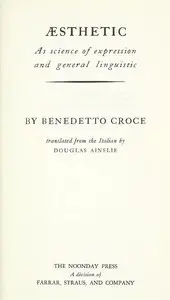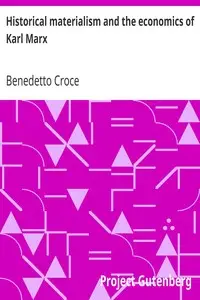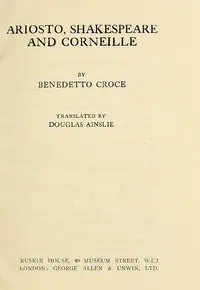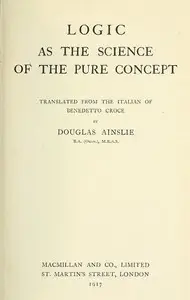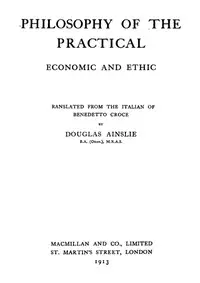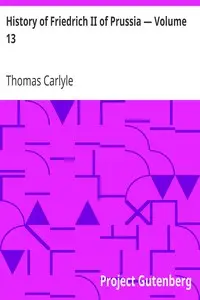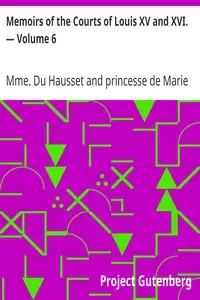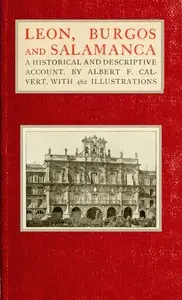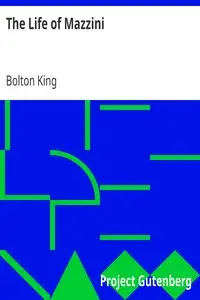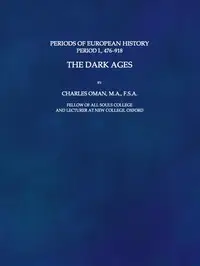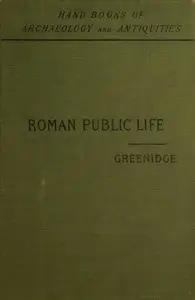** "Theory & History of Historiography" by Benedetto Croce is a thought-provoking exploration of how we understand and write history, penned in the early 1900s. The book questions how historical stories are told by examining ideas like history versus simple records, the importance of documents, and what historical truth really means. The author wants readers to rethink history, pushing them to see how the past connects to today's world. He argues that every historical account is influenced by the present, because our current understanding shapes how we see the past. History, according to the author, shouldn't just be a list of events; it should make us think critically and reflect on ourselves, connecting what happened before with what's happening now. He also points out the problems with old ways of writing history that separate stories from real life, saying that we only truly understand history when those stories and documents come together in our minds. This ultimately sets the stage to look at different types of historical writing and what they mean for how we think about history as a whole. **
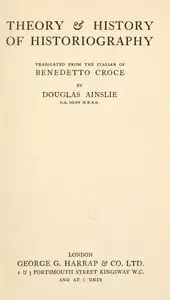
Theory & History of Historiography
By Benedetto Croce
** A deep examination of historical narrative, challenging our perceptions of the past and urging a reevaluation of its relevance to our present lives.
Genres
Released
2017-05-02
Formats
epub
epub3 (images)
mobi
mobi (images)
epub (images)
txt
Free Download
Summary
About the AuthorBenedetto Croce, OCI, COSML
was an Italian idealist philosopher, historian, and politician who wrote on numerous topics, including philosophy, history, historiography, and aesthetics. A political liberal in most regards, he formulated a distinction between liberalism and "liberism". Croce had considerable influence on other Italian intellectuals, from Marxists to Italian fascists, such as Antonio Gramsci and Giovanni Gentile, respectively.
Benedetto Croce, OCI, COSML was an Italian idealist philosopher, historian, and politician who wrote on numerous topics, including philosophy, history, historiography, and aesthetics. A political liberal in most regards, he formulated a distinction between liberalism and "liberism". Croce had considerable influence on other Italian intellectuals, from Marxists to Italian fascists, such as Antonio Gramsci and Giovanni Gentile, respectively.
Total Reviews
10.0k
Total reviews from Goodreads may change

